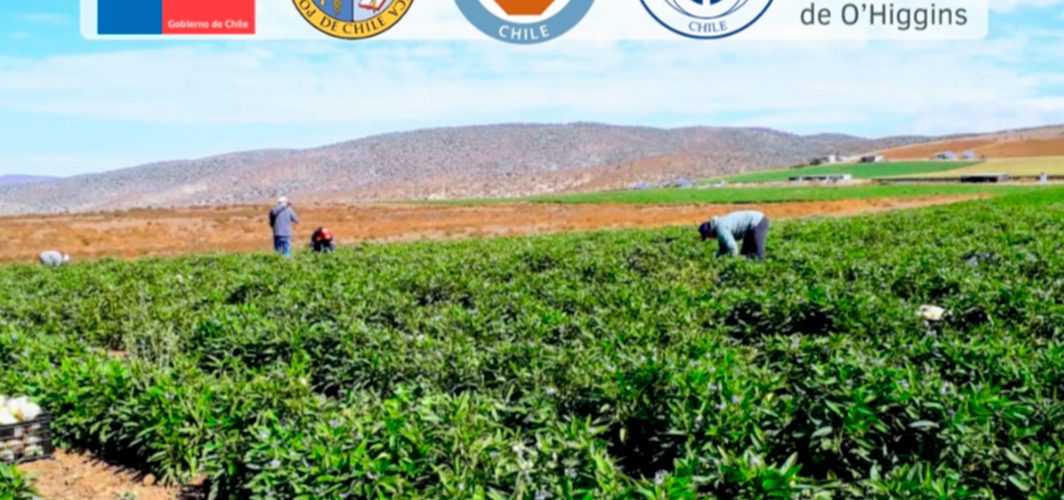Exposure to pesticides in Chile and population health: urgency for decision-making

Recently the Spanish magazine "Gaceta Sanitaria", published a scientific paper written by the Pesticide Research Network (Riplag), which aims to collect and analyze the epidemiological evidence generated in Chile on the health effects of pesticide use.
The article entitled "Exposure to pesticides in Chile and population health: urgency for decision-making", shows that in Chile, exposure levels in the general and occupational population are higher than those found in international studies. I.e., of the total publications made in the country up to 2019, 50% refer to agricultural workers, 25% to children and 25% to women of childbearing potential. At the same time, 54% of studies published in Chile have been conducted to measure neurotoxic effects, 31% have studied genotoxic effects and 15% measured reproductive effects.
As reported by the Research Network, in our country the health consequences of pesticide exposure have been poorly studied, but there are currently groups of scientists who have raised evidence about the damage caused by the impact of these chemicals on the lives of the Chilean population.
While the symptomatology of acute poisonings is well characterized, prolonged exposure to low concentrations and simultaneously to several pesticides is a concern within this Scientific Network, because this is associated with various damages that need to be explored, such as cognitive decline, reproductive alterations, cancer, Diabetes, neurobehavioral and neurodevelopmental disorders, congenital malformations and cardiovascular disease, respiratory and other neurodegenerative pathologies, Parkinson's and Alzheimer's, among others.
The studies included in this publication, confirm the health risk of exposure to pesticides in the workplace and in the general population, including pregnant women and children, workers and schoolchildren in agricultural areas observed low cognitive performance, peripheral nervous system disorders and increased genetic damage and reproductive risk in exposed women.
In this sense, the Network of Researchers notes that it becomes urgent and necessary to protect the health of both the occupational population and the general community, especially children, through greater control over the sale and use of pesticides, comprehensive environmental health monitoring systems and educational actions in the social and cultural context of rural and peri-urban communities.
Through this publication, it is not only expected to facilitate access to the community and government agencies, but also seeks to encourage public discussion to establish public policy research and development agendas aimed at protecting health and the environment, according to Chilean reality.
In this scenario, strengthening research on health damage associated with pesticide exposure and strictly restricting the use of hazardous pesticides already prohibited in developed countries because of their high risk to human health and the environment is a priority.
To view the full article, go to https://www.gacetasanitaria.org/es-exposicion-plaguicidas-chile-salud-poblacional-articulo-S0213911120301291. Work of the Pesticide Research Network in www.riplag.org.
